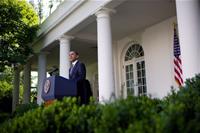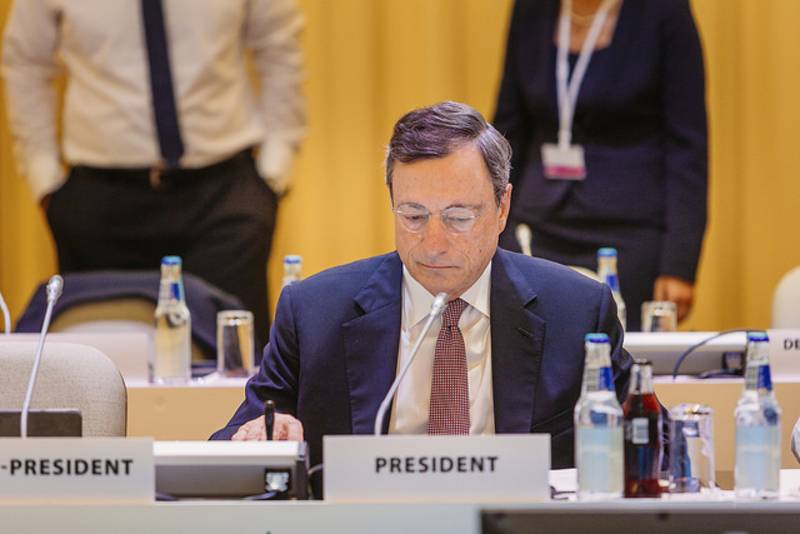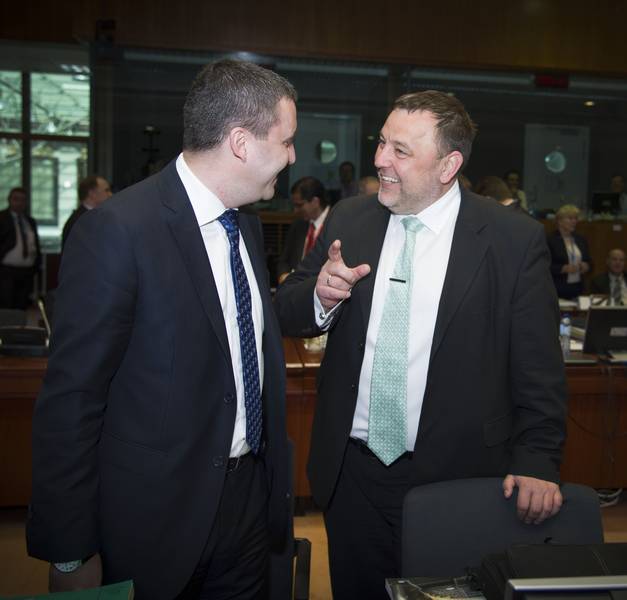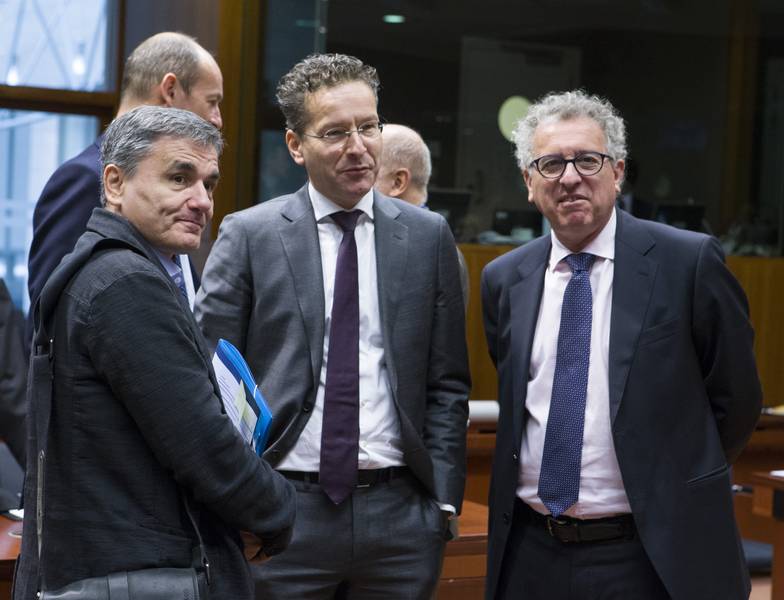Another victory for Barack Obama
Adelina Marini, May 22, 2010
 Bulgarian Prime Minister Boyko Borissov who adores success and victories, should get inspired by the achievements of president Barack Obama, whom Mr Borissov liked very much in Prague. The reason is that a year and a half from the beginning of his term Barack Obama already has some serious legislation reforms behind his back. First, in spite of the bad legacy from the two terms of George W. Bush, part of which is a huge fiscal deficit, Mr Obama rolled his sleeves on and passed a rescue plan worth over $700 bn, aimed at helping American economy get back on its feet.
Bulgarian Prime Minister Boyko Borissov who adores success and victories, should get inspired by the achievements of president Barack Obama, whom Mr Borissov liked very much in Prague. The reason is that a year and a half from the beginning of his term Barack Obama already has some serious legislation reforms behind his back. First, in spite of the bad legacy from the two terms of George W. Bush, part of which is a huge fiscal deficit, Mr Obama rolled his sleeves on and passed a rescue plan worth over $700 bn, aimed at helping American economy get back on its feet.
The money was taken out of taxpayers' pockets and contributed to the increase of the budgetary gap. And while the economy was trying to breathe again with this money, the administration of the president Democrat did not waste time and after a thorough analysis it came up with the most serious healthcare reform ever in the history of the US. With all its disadvantages and criticism, after all the American president succeeded in convincing society, senators and congressmen that it was necessary in order to make healthcare more accessible and of greater quality.
And with the ink on the healthcare legislation still wet, Barack Obama, as promised by the way, began working on financial regulation. After the healthcare reform this was, probably, the hardest bill because it strikes hard one of the symbols of America - Wall Street and also the American vision of free market. The main reason for the bill however is that the free market cannot prosper at the expense of taxpayers. And the most indicative thing in the understanding of Wall Street is that it divides the American economy in two - Wall Street and Main Street. The latter can be interpreted in many ways but the essence is "all the rest".
The Senate has approved a day ago its bill and several months ago the Congress voted a bill of its own. Now the two bills have to be merged and again the approval of Congress is required before Barack Obama can sign it and the reform to start.
What does the Restoring American Financial Stability Act foresee?
A new Consumer Protection Agency will be created to clamp down on abusive practices by credit card companies and mortgage lenders. A very important element of the bill is that this agency will be part of the Federal Reserve which also gets increased rights to predict and prevent future financial crises. The agency will oversee not only the mortgage and credit card lenders but also buying of cars which is included in the Congress bill but was removed from the draft of the Senate.
The banks will be deprived of their proprietary trading activities which gave them the opportunity to speculate on financial markets, pouring money of their own and not only of their clients. Control over derivatives is also tightened significantly. For example hedge funds will have to register with a special Commission. Separately, big banks will have to transfer part of their most lucrative activities to separate subsidiaries. The aim is the risk of potential big losses to be avoided as much as possible. Aside from that, this change will reduce the risk the "too big to fail" banks to be rescued by the taxpayers, which is exactly what happened last year.
On this issue is the biggest difference in the bills of the Senate and the House of Representatives. The House envisages the creation of a $150 bn fund, financed by the banks to cover the costs of liquidations. According to the senators, however, the existence of some kind of a safe heaven would motivate banks to continue with their risky operations. The Senate's bill grants the new regulation bodies rights to seize big companies like Citibank and conduct an orderly liquidation without causing serious shocks.
The White House welcomed Senate's approval but president Obama admitted that from the very beginning Wall Street lobbyists were pushing their utmost to prevent the reform. The president's fears are that until the "reconciliation procedure" is over between the bills of the House and the Senate, the lobbyists will not rest. This is why Obama explained: "Our goal is not to punish the banks, but to protect the larger economy and the American people from the kind of upheavals that we’ve seen in the past few years".
The president added that the reform would force banks inform clearly and precisely their clients of all interest rates and fees they impose over their credits in order an end to be put over the practice bankers to hide fees in complicated contract texts. "From now on, every consumer will be empowered with the clear and concise information that you need to make financial decisions that are best for you. This bill will crack down on predatory practices and unscrupulous mortgage lenders".
The expectations are the reconciliation procedure between the two chambers of Congress to end in several weeks. For now it remains unclear to what extent the final legislation the president will sign, will be unyielding toward banks protecting consumers or will be softened under the pressure of the lobbyists.
The reform will also have a very strong reverberation globally where markets suffer a severe shortage of confidence and one of the biggest players, like the eurozone, is on the verge of its survival. And if the European Union has started with lots of passion a year ago introducing some kind of pan-European financial regulation, now it is struggling to survive without any help from the outside. What is worst for the Union is that it relied on common global efforts for financial regulation, applied by everybody. Now, aside from the difficult task to solve its own problems, the European countries will have to face the challenge of a not very friendly global environment.
 Mario Draghi | © ECB
Mario Draghi | © ECB Vladislav Goranov, Sven Sester | © Council of the EU
Vladislav Goranov, Sven Sester | © Council of the EU Tsakalotos, Djisselbloem, Gramegna | © Council of the EU
Tsakalotos, Djisselbloem, Gramegna | © Council of the EU